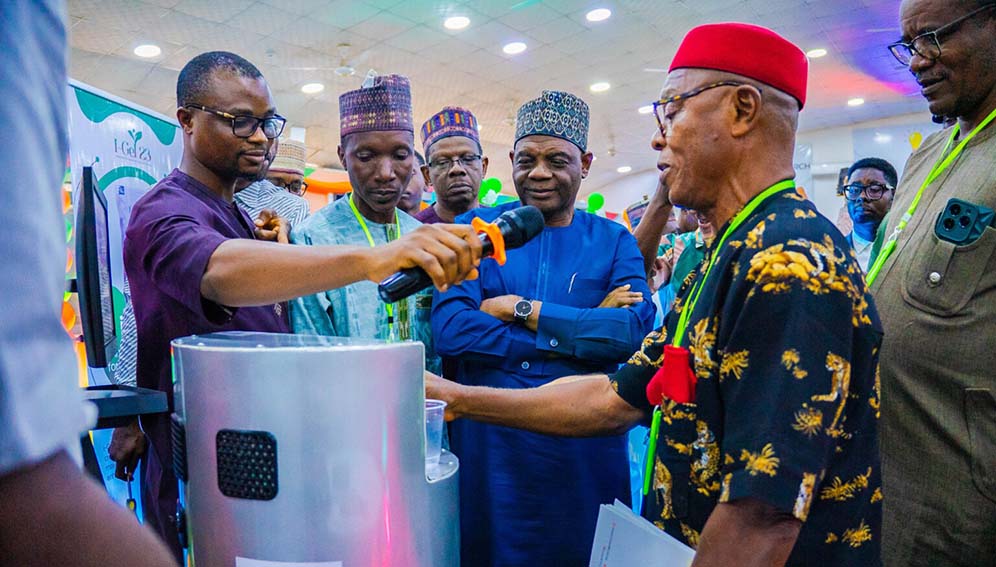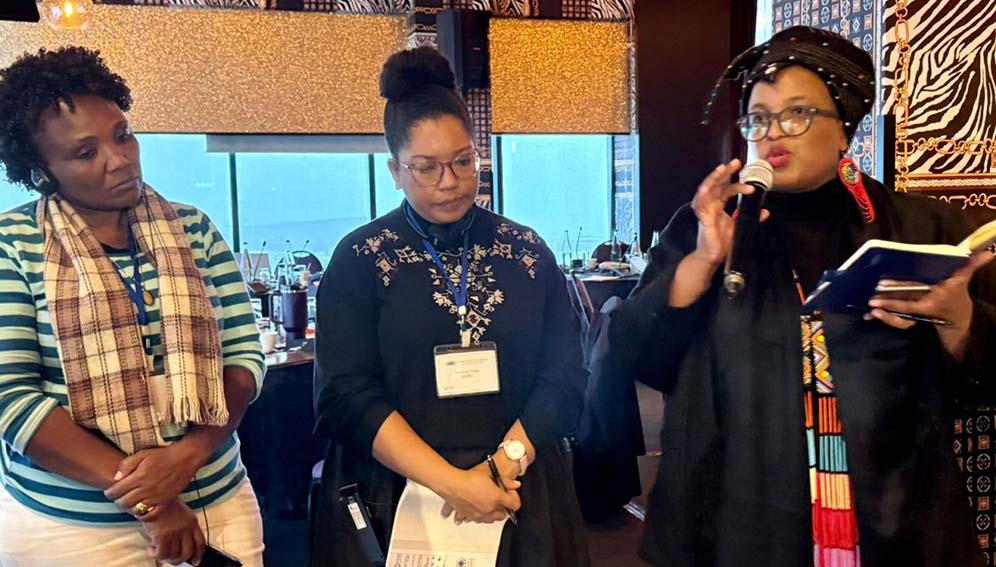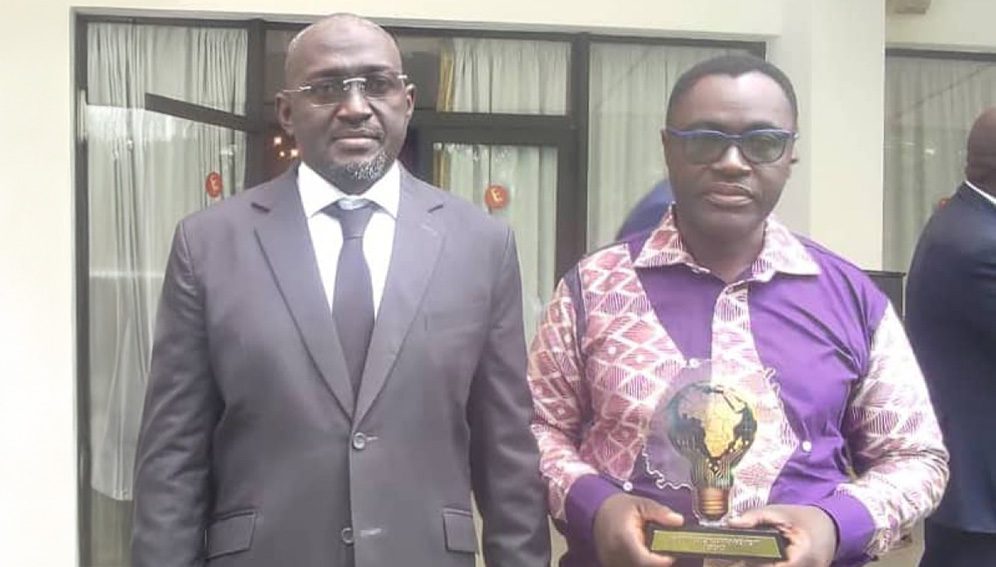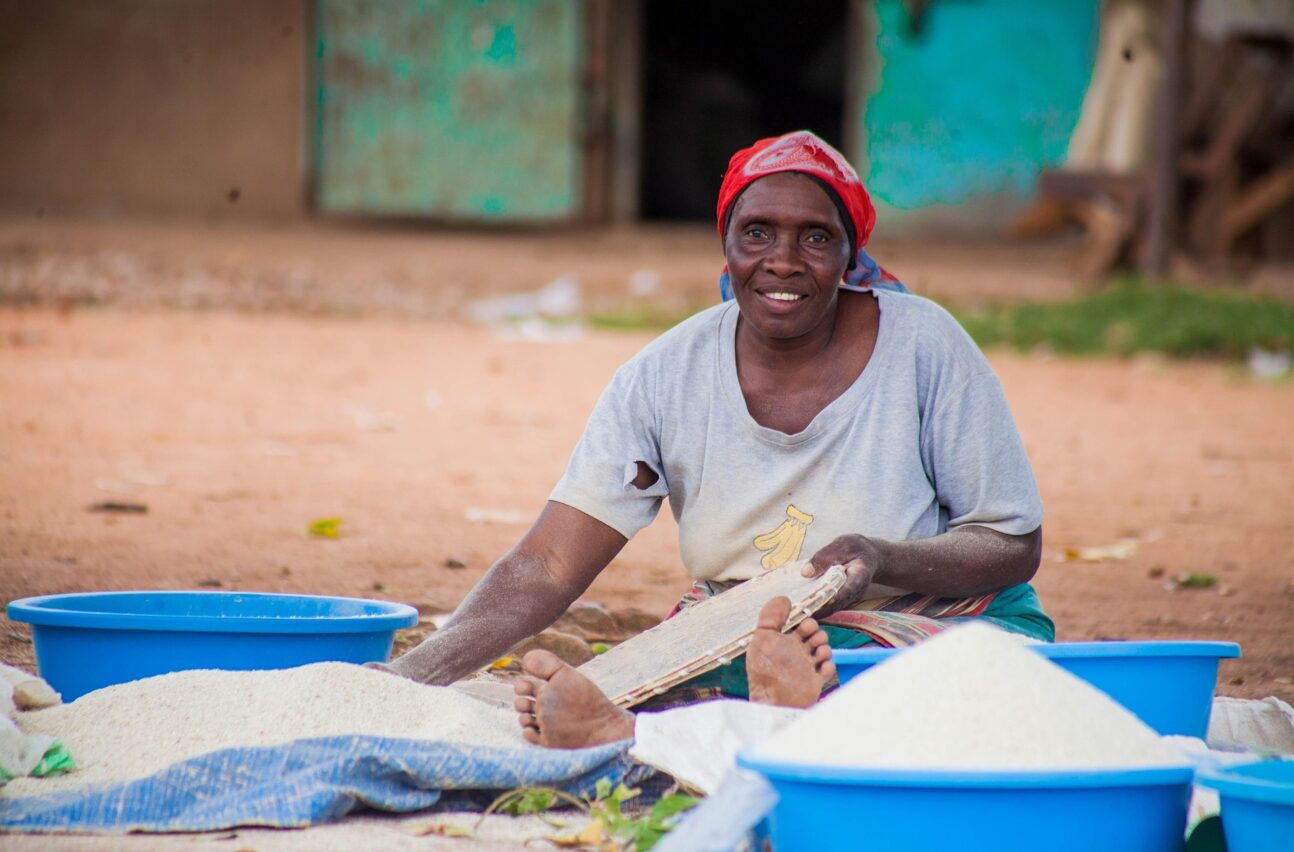SGCI News
[GABORONE] Complicated intellectual property (IP) procedures are slowing down innovation in Africa, according to researchers, who say “innovation agencies” must help simplify processes and link researchers to markets. Despite hosting…
- Complex intellectual property processes leave ground breaking ideas unprotected.
- Innovation agencies can secure patents to enhance innovation in Africa.
- Regional collaboration is key to commercialising impactful research.
[GABORONE] Complicated intellectual property (IP) procedures are slowing down innovation in Africa, according to researchers, who say “innovation agencies” must help simplify processes and link researchers to markets.
Despite hosting talented innovators and researchers, Africa contributes less than 0.5 per cent of global patent filings annually.
Weak IP frameworks and limited coordination between African countries leave many ground-breaking ideas unprotected or undervalued.
Innovation agencies, the researchers say, have the potential to navigate complex IP issues and connect innovators, governments, and businesses to drive progress.
However, there is often a “mismatch” between the sophistication or maturity of innovation systems and the types of innovation agencies found in African countries, according to a study presented at the Science Granting Councils Initiative (SGCI) forum on 11 November, in Gaborone, Botswana.
“This mismatch can stem from various systemic issues, including unclear technological or industry focuses, capacity constraints, and limitations on the demand side,” the study explains.
Erika Kraemer-Mbula, co-author of the study which explores the role of innovation agencies in enhancing IP management to drive commercialisation, says current intellectual property processes can be challenging.
“Clear goals and prioritisation are essential for researchers and innovators to navigate the often complex intellectual property landscape,” Mbula said.
The study, funded by the SGCI, analyses innovation agencies in 22 African countries and shows the varied roles such agencies play. It aims to provides a framework for policymakers and innovation agencies to harness IP as a driver of economic growth.
“The study … examines the roles and functions of innovation agencies in connection with the specific needs and maturity of the innovation system in which they operate,” Kraemer-Mbula explains.
She says innovation agencies must tailor their support to local needs, whether it’s providing IP training, facilitating patent applications, or connecting inventors with funding opportunities.
Aligning Africa’s research ecosystems with IP best practices could unlock economic growth and foster homegrown solutions to challenges affecting the continent, according to the researchers.
Caroline Ncube, professor of commercial law at the University of Cape Town and co-author of the study, says there is a need to demystify intellectual property processes for researchers and business actors.

She says a unified IP framework will promote regional trade, improve collaboration and harmonise IP laws across Africa.
“There are opportunities and challenges in navigating Africa’s diverse and non-integrated IP sector,” says Ncube.
“Innovation agencies can facilitate collaboration among researchers, innovators, industry, and government, promoting a cohesive approach to IP management,” Ncube adds.
However, Yaya Sangare, secretary general of Côte d’Ivoire’s Science, Technology, and Innovation Fund, says the fragmented research and innovation ministries across Africa could complicate coordination efforts.
“Diversity of research and innovation ministries across Africa could create challenges for collaboration,” he says.
Sangare suggests that innovation agencies act as bridges, ensuring that interconnected responsibilities are streamlined to manage IP issues.
Partson Chikudza, executive director of the Research Council of Zimbabwe, stresses the importance of regional integration to foster innovation. “We need to trust ourselves in sharing ideas and have the ability to work together and develop innovative solutions that meet local and regional needs”, says Chikudza.
This article was written by: Jackie Opara and published on 29 November 2024
Related News
TETFund, Innov8 Hub showcase innovations at research demo day
The Tertiary Education Trust Fund (TETFund) and Innov8 Hub have concluded the Science Granting Councils Initiative (SGCI) Demo Day, an event that highlighted Nigeria’s growing capacity to transform academic research into market-ready solutions. TETFund, Nigeria’s representative council for SGCI, partnered with Innov8 Hub to support…
HSRC pushes for inclusive research systems at SGCI gender summit
The Human Sciences Research Council (HSRC) hosts the Science Granting Councils Initiative (SGCI) Gender Equality and Inclusion (GEI) learning summit and calls for a more inclusive research landscape. The event marked the culmination of a three-year project aimed at embedding gender equity and inclusivity into…
SGCI-funded research wins science prize in Côte d’Ivoire
A Science Granting Councils Initiative (SGCI) funded research has earned national recognition in Côte d’Ivoire. The winner, Rodrigue Adjoumani Kouakou, is the assistant professor of chemistry, physics, and process engineering at the Training and Research Unit for Fundamental and Applied Sciences (UFR SFA) of Nangui…
Research and Resources
SGCI funded projects
Zambia’s top researchers pioneer solutions for climate resilience, food security, economic growth
Project Titles & Institution Areas of Research Number of Projects being funded Project Duration Grant Amount In-Kind Distribution Council Collaboration with other councils





